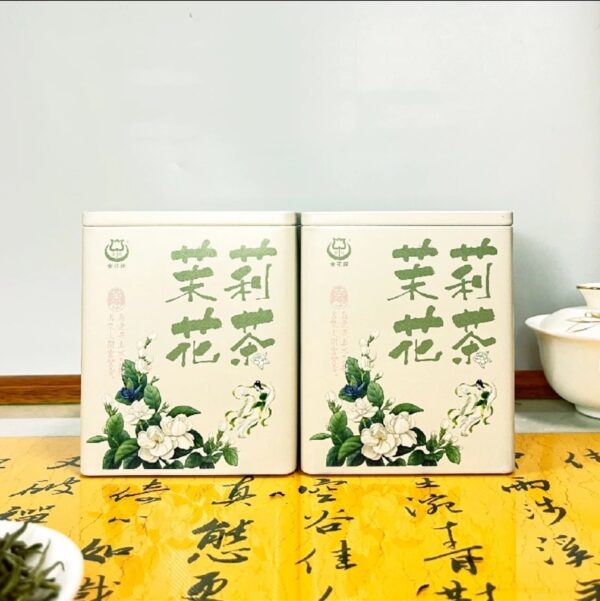
# Jasmine Tea: A Fragrant Journey Through Tradition and Flavor
The Origins of Jasmine Tea
Jasmine tea has a rich history that dates back over 1,000 years to China’s Song Dynasty. This fragrant beverage began as a special tribute tea reserved for emperors before becoming widely popular among all social classes. The delicate process of scenting tea leaves with jasmine blossoms was perfected in Fujian province, where the tradition continues today.
The Art of Scenting
Creating authentic jasmine tea is a labor-intensive process that requires perfect timing. Tea leaves are harvested in spring and stored until summer when jasmine flowers bloom at night. Workers carefully layer fresh jasmine blossoms with tea leaves, allowing the natural fragrance to infuse over several hours. This process may be repeated multiple times with fresh flowers to achieve the desired intensity of aroma.
Traditional Methods vs Modern Production
While traditional methods use only natural scenting processes, some modern producers use jasmine flavoring oils. True connoisseurs can distinguish the subtle differences – naturally scented jasmine tea has a more complex, layered aroma that evolves with each steeping.
Health Benefits of Jasmine Tea
Beyond its delightful fragrance, jasmine tea offers numerous health benefits:
- Rich in antioxidants that may help prevent cell damage
- Contains L-theanine which promotes relaxation without drowsiness
- May support heart health and help regulate cholesterol
- Potential metabolism-boosting properties
Brewing the Perfect Cup
To fully appreciate jasmine tea’s delicate flavors:
- Use fresh, filtered water heated to 175-185°F (80-85°C)
- Steep for 2-3 minutes – overbrewing can make the tea bitter
- Enjoy plain to appreciate the natural sweetness, or add a touch of honey
- High-quality jasmine pearls can be steeped multiple times
Keyword: jasmine tea
Cultural Significance
In Chinese culture, jasmine tea symbolizes purity, elegance, and the coming together of opposites – the strong tea base with the delicate floral notes. It’s often served to guests as a gesture of hospitality and is a staple during important celebrations and ceremonies.
Today, jasmine tea continues its journey from ancient Chinese courts to modern tea cups worldwide, offering drinkers a moment of tranquility and connection to centuries-old traditions with every fragrant sip.
